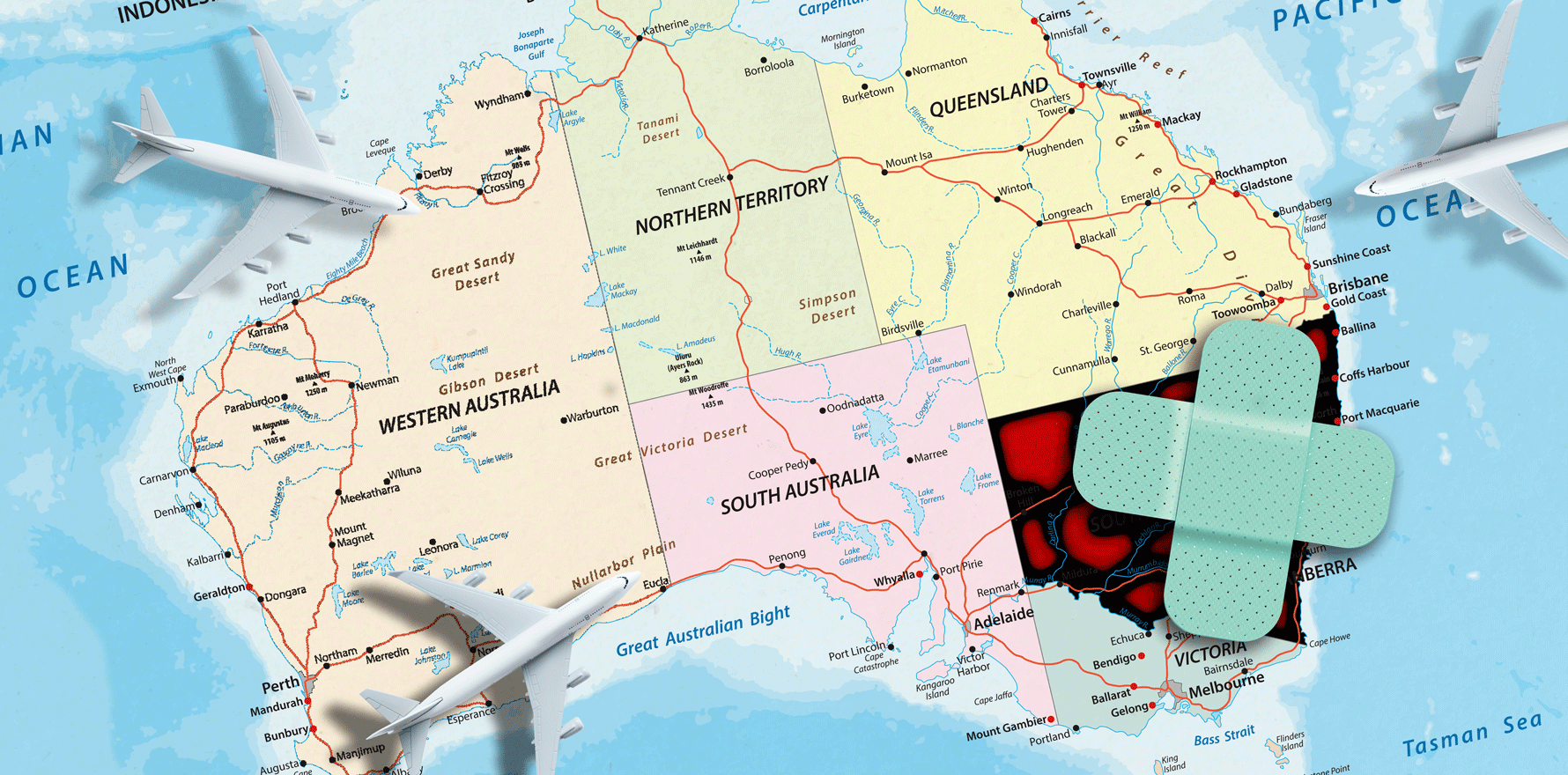Despite holding up the rural healthcare system, internationally trained doctors get a raw deal.
Overseas trained doctors are essential to making sure that rural NSW residents can access Medicare-subsidised treatment, but the state government has a funny way of showing thanks.
Until they are permanent residents, international doctors don’t have Medicare cards themselves; nor can their children attend public school for free; nor can their partners access subsidised training or education programs.
Governments in other states have stepped in to waive fees on various expenses for international doctors – everywhere else but WA, for instance, waives the fee for public schooling.
In NSW, overseas medical graduates have to wait until they get their permanent residency, which they’re only eligible to apply for once they’ve had general specialist registration for 12 months.
“Why are we keeping these barriers to doctors coming to NSW and working?” Tamworth GP Dr Ian Kamerman asked delegates at the Rural Medicine Australia conference this week.
Dr Kamerman, who was part of a panel discussing the 2021 NSW Rural Health Inquiry, noted that the settlement package offered to rural doctors in the state had not been updated in 35 years.
While the package has been indexed yearly, rural towns themselves have been growing in size; where rural GPs could once manage being on call for emergency with their general practice load, emergency departments have gradually begun to suck up more and more time.
“We’ve agreed to commencing negotiations with [NSW] Health around a new package, but the bizarre thing is that the talk [so far has been] that they can’t increase it because of the salary cap,” he said.
“Yet they are now advertising locum rates for emergency physicians in NSW, which is a complete workaround for what’s supposed to be something to cap wages.”
These days, according to Dr Kamerman, an enterprising locum working one-week-on-one-week-off 12-hour shifts in rural NSW can net about $480,000 per year.
Another imbalance is the fact that when a metro-based junior doctor rotates to a rural hospital, they are remunerated at a higher paygrade, receive accommodation provided by the hospital and get return flights to Sydney – but when a rural-based junior doctor rotates into a metro area, they don’t get any of those benefits.
“As we all know, it’s not an easy thing to go for 10 weeks to Sydney and find accommodation for that time while working as a JMO and paying the rent back home and not having any of the benefits of getting back to your town base hospital,” ACRRM registrar Dr Jean Littlewood said.
“We’re basically fighting to try and get equal remuneration and equal accommodation.
“Traveling to a metropolitan area as a rural JMO is very beneficial … because I can increase my skills to bring back to my rural hospital.”
The NSW parliamentary inquiry into rural health was conducted late last year, with findings reported in May.
In its response to the report last month, the state government accepted 41 of the 44 recommendations either fully or in principle.
As part of its response, the NSW government agreed to investigate the out-of-date settlement package and the JMO pay disparity, with a view to updating both arrangements.
But while the inquiry report highlighted the importance of international medical graduates to the rural workforce, it did not make any recommendations around improving their conditions.
The NSW Rural Doctors Association has made a 10-point plan of its own in response to the inquiry report recommendations.
Removing the charge for public education to international medical graduates came in as its seventh-highest priority, ahead of renegotiating the settlement package.
The RDA NSW plan also touches on the threat of payroll tax, another area that was left out of the inquiry report and government response.
The organisation is calling for doctor-in-training wages to be tax exempt under the same rules as trade apprentices.





